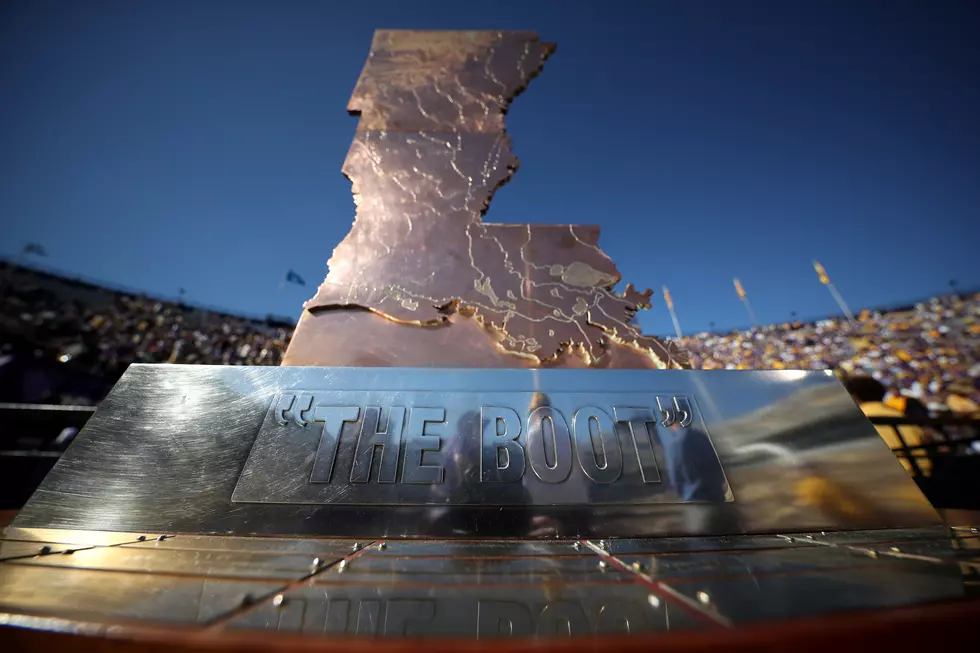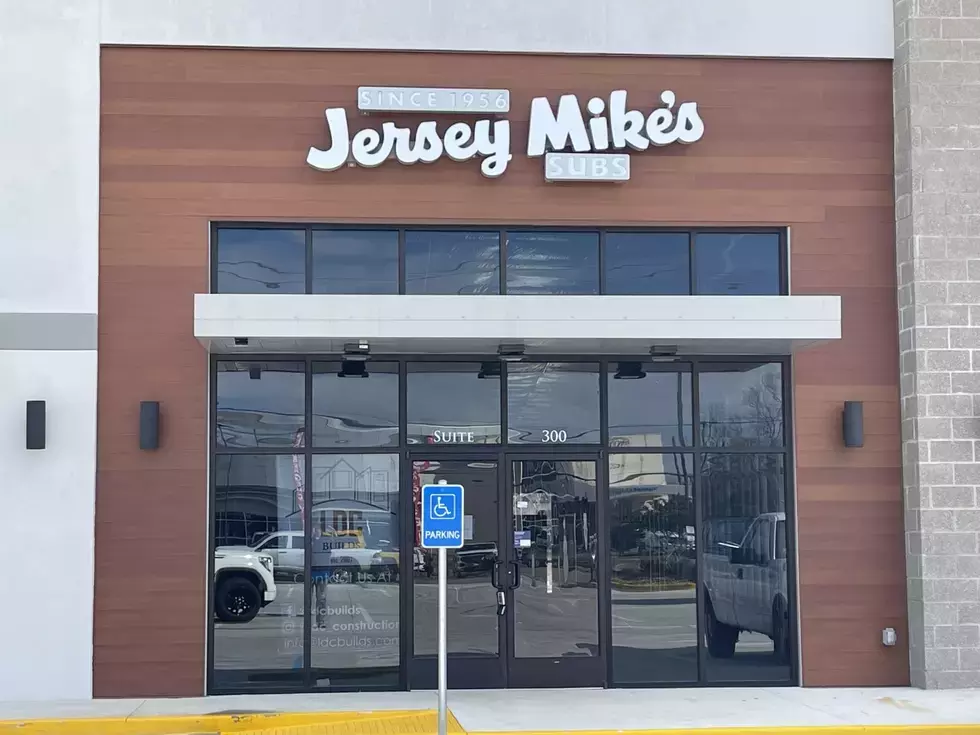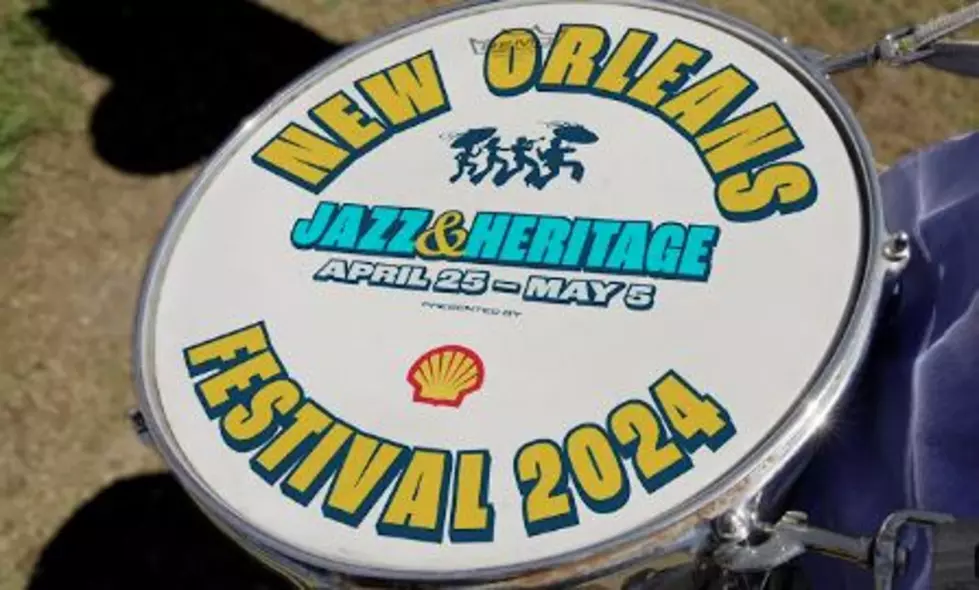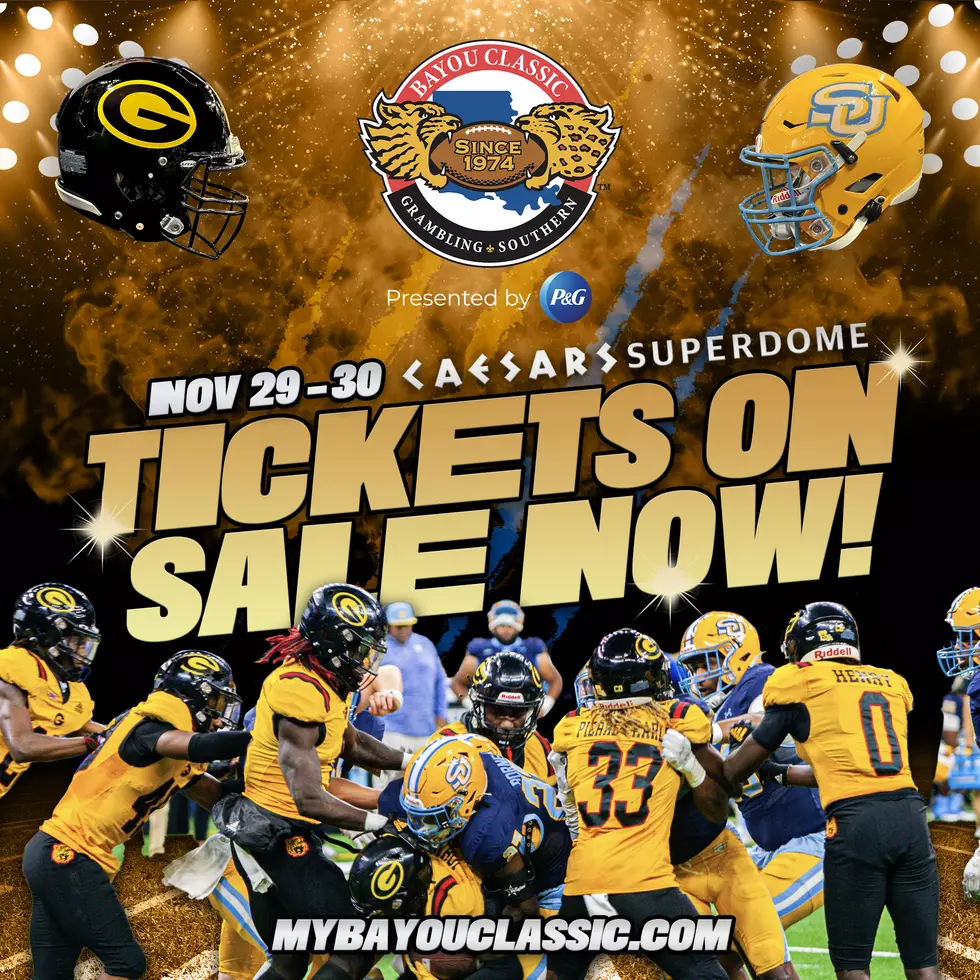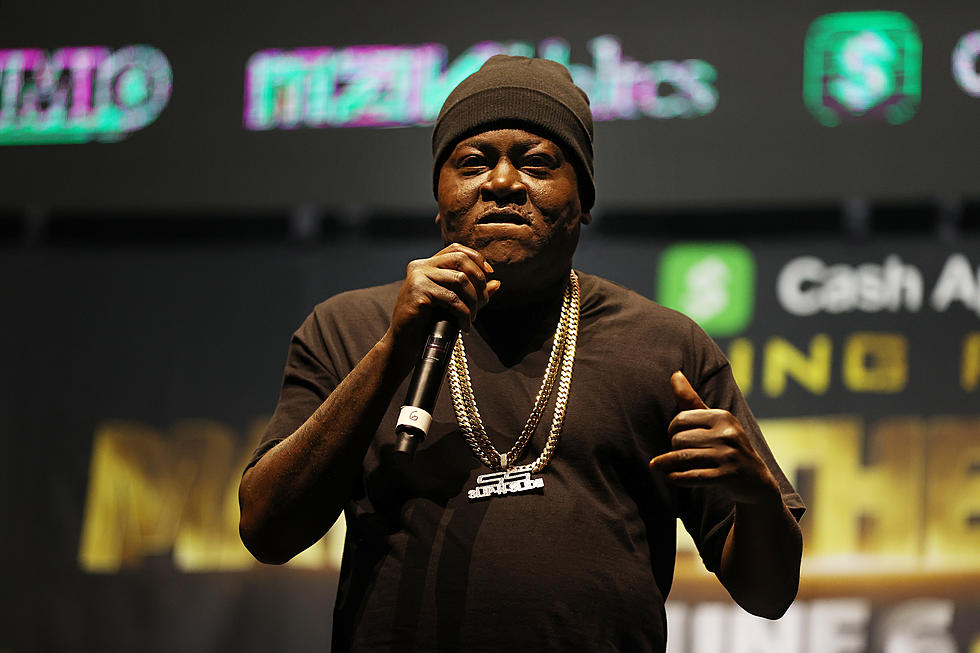
Older Artists Are Really Throwing Shade on New Artists
The recent comments from Trick Daddy where he talks about Beyonce not being able to sing and downplays the popularity of rapper and businessman, Jay-Z, has gotten him under a lit bit of flack. He has offered sort of a backtrack while still maintaining her credibility compared to other female artists. There have been a flock of artists from the past who tend to really hate the new generation.
First of all, why does an artist have to be compared to someone else? Why is it that a particular artist can't stand on their own without sounding like the next person? Sure, a lot of the music today does have similarities, but I wouldn't compare a Kendrick to Ice Cube or Beyonce to Patti LaBelle. Everyone should be able to maintain their own identity and make music for the fans who do love their sound.
Sure, everyone's music is not for everybody. However, there are plenty who love the artist and the music they make. I have gotten into some discussions with several people who are in my core groups. We talk about some of the newer artists and the music they make. I don't have a dog in the fight. But I do believe in being fair and not knocking the next man or woman for doing something I don't understand. There are plenty of artists and actors I am not a fan of. But this is their art and they have a following that truly believe in what they do and will support them to the end of the road.
We have to remember that as the older generation, we had some of our favorite artists from back in the day. And guess what? Our parents weren't the biggest fans of our music, either. Everyone is entitled to their opinion and they shouldn't be crucified for having one. My problem comes in when a person goes out of their way to berate someone or seemingly try and convince others to think like them. Let these artists make a living for their families and themselves. We have so much music from back in the day and even today that should fit our pedigree.
LOOK: Here are the biggest HBCUs in America
More From 107 JAMZ
